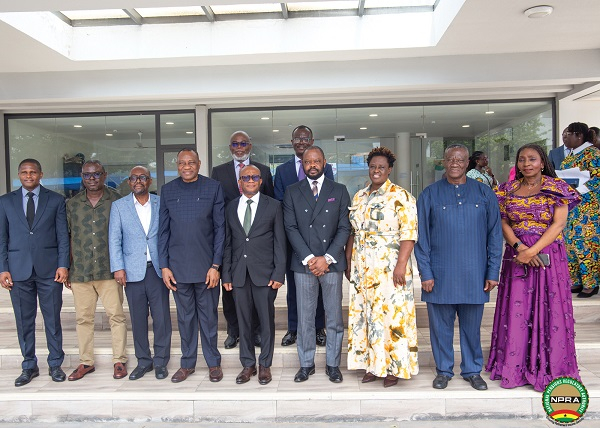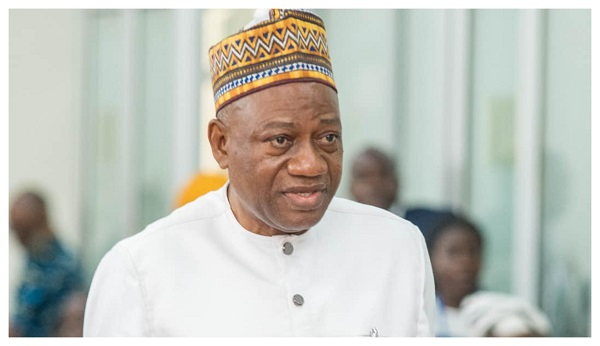31,500 Ghanaians migrated through deadly routes in 2023
The central mediterranean route, which spans North Africa to Italy and Malta, is one of the deadliest routes globally.
According to a United Nations High Commission for Refugees (UNHCR) report, 60 per cent of migrants cited limited access to legal pathways.
Dr Pelpuo was speaking at a three-day National Policy Dialogue on Labour Mobility Pathways in Accra.
The event was aimed at creating a platform for deliberations on the barriers to regular labour pathways, including education and humanitarian pathways.
It was organised by the International Organisation for Migration (IOM), in collaboration with the Ministry of Labour, Jobs and Employment and the Youth Employment Agency (YEA).
The minister said in 2024, over 30 per cent of migrant workers who used legal means mentioned exploitation, including unpaid wages, unsafe working conditions and contract violations due to implementation gaps in existing bilateral labour agreements as some of their challenges.
He expressed his outfit’s commitment to work with stakeholders to establish safe and regulated pathways for young people to travel abroad and return home safely.
“We need to regularise the ability of young people to go out of this country at their own choice, within their own scope of strength and capacities to work and be able to return home safely,” the minister said.
Dr Pelpuo also said they were enhancing labour migration governance through policy reviews and bilateral agreements.
He mentioned the "work abroad" programme, launched in March 2025, to facilitate overseas employment in sectors like healthcare and IT.
“Let us dream of a future where migration is not necessary, necessarily born out of desperation, but a choice that enriches life, strengthens our communities and position us as a global leader in migration governance,” the minister said.
He said the government had initiated review of the Refugee Law, Immigration Act, Labour Act, Human Trafficking Act and National Migration Policy to reflect the changing dynamics of labour migration and labour mobility pathways.
In a speech read on his behalf, the Minister of Foreign Affairs, Samuel Okudzeto Ablakwa, and the Chief of Mission of IOM Ghana, Togo and Benin, Fatou Diallo Ndiaye, said regular labour pathways allowed governments to manage movement orderly, facilitate climate change adaptation and support social economic development.
A Senior Economist at the World Bank, Ghana, Manjula Luthria, said there was an emerging global market spanning various skill levels from agriculture to healthcare.
She called for better alignment between migration policies and the labour market to protect mobile workers, adding that Africa was projected to have a significant share of the global force by 2050.
For her part, the Deputy Chief Executive Officer, YEA, Prisca Sedinam Kekeshie, said the agency was committed to supporting and prioritising the welfare and development of migrants.












